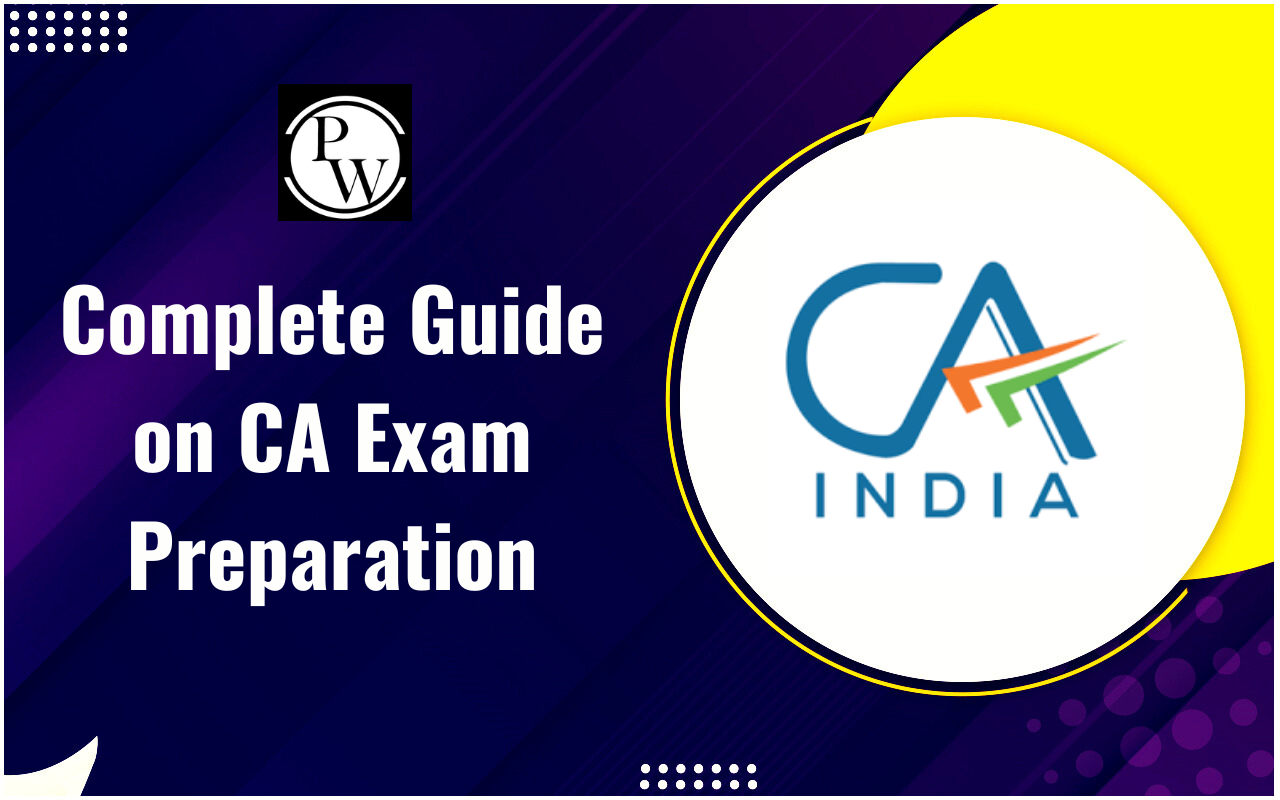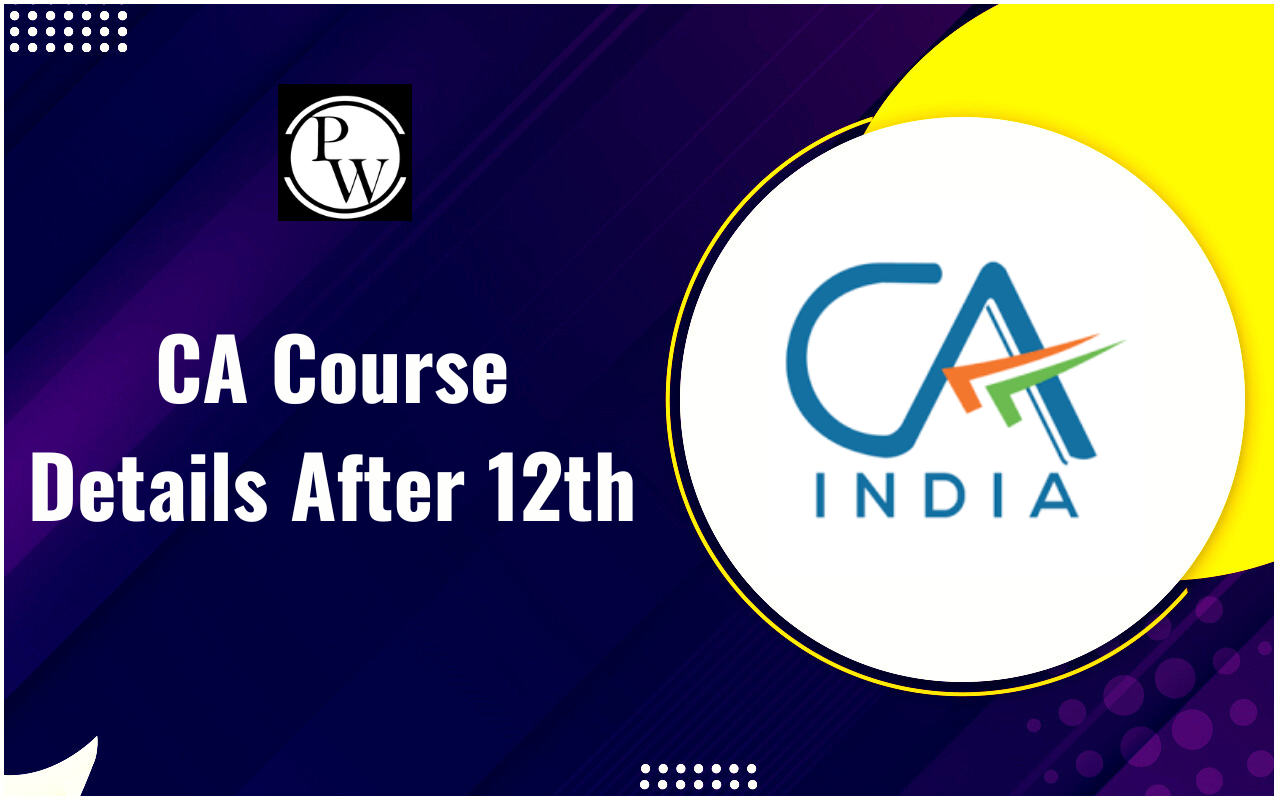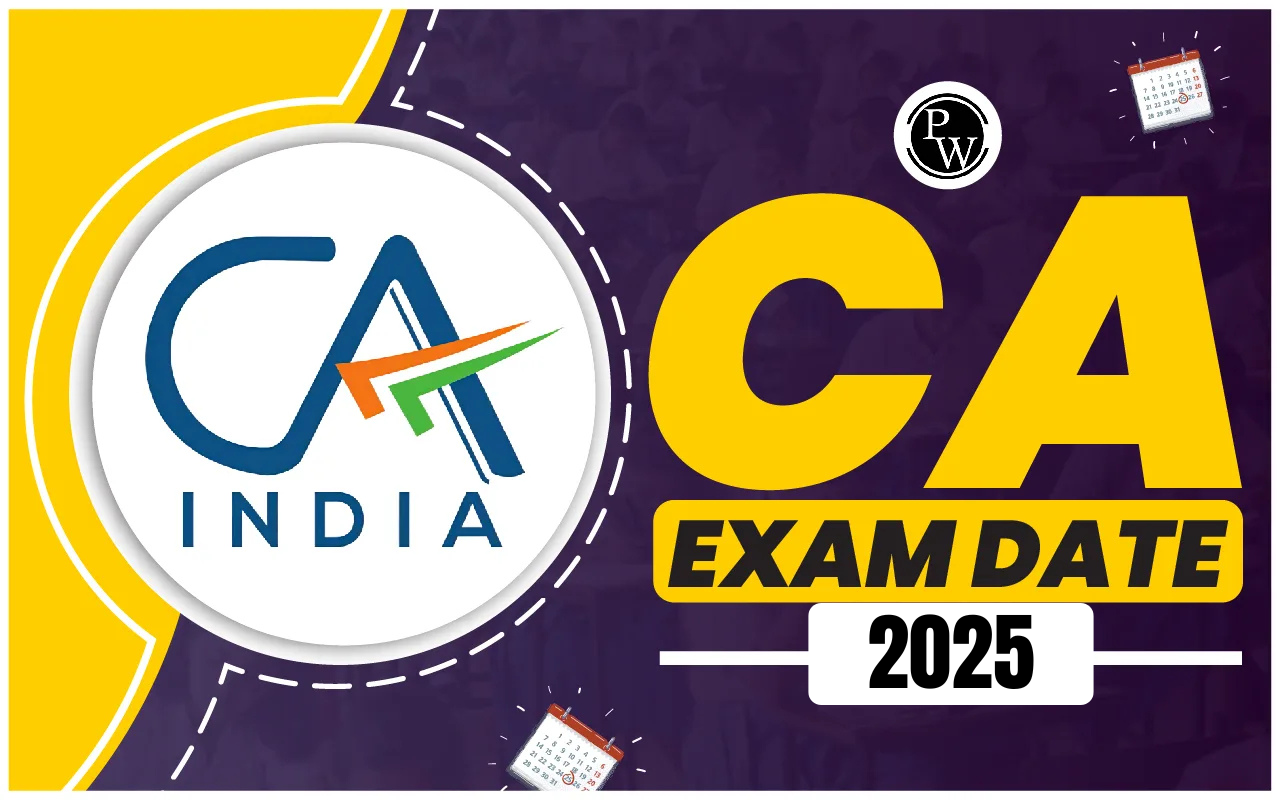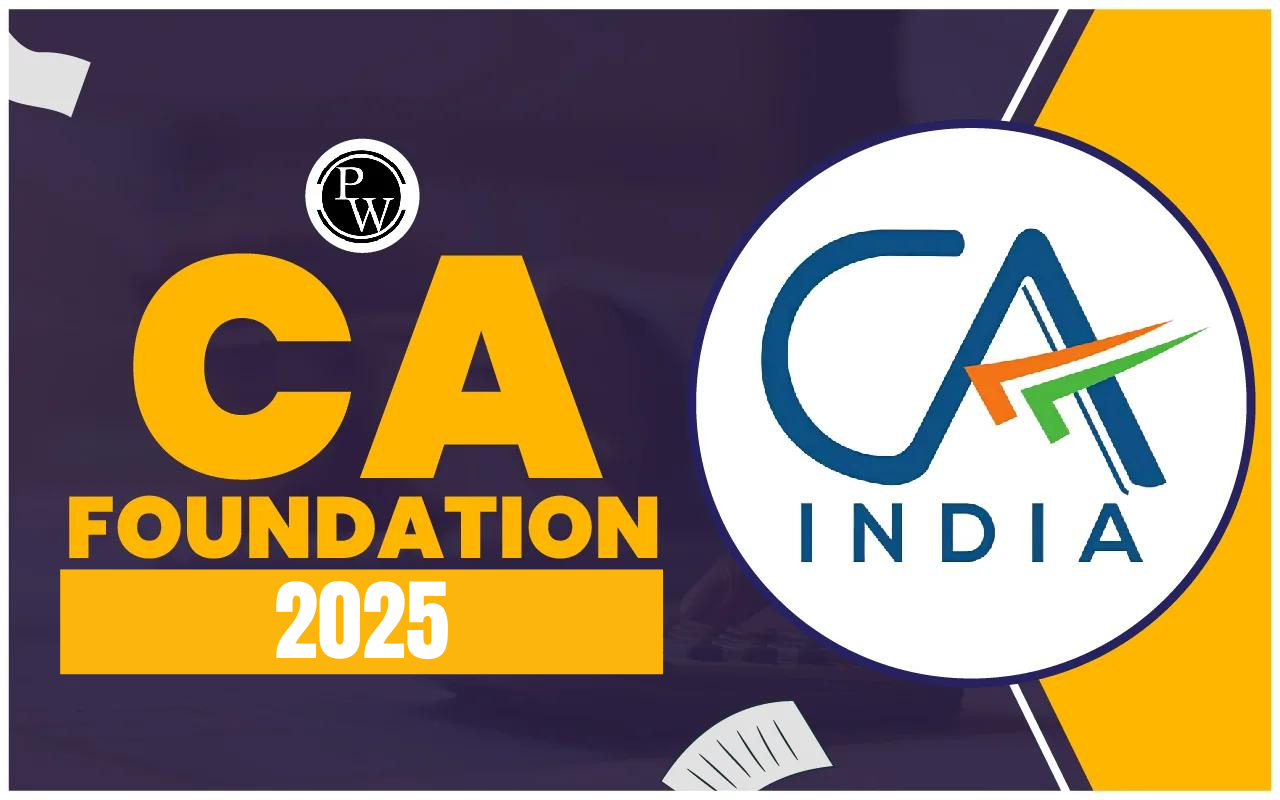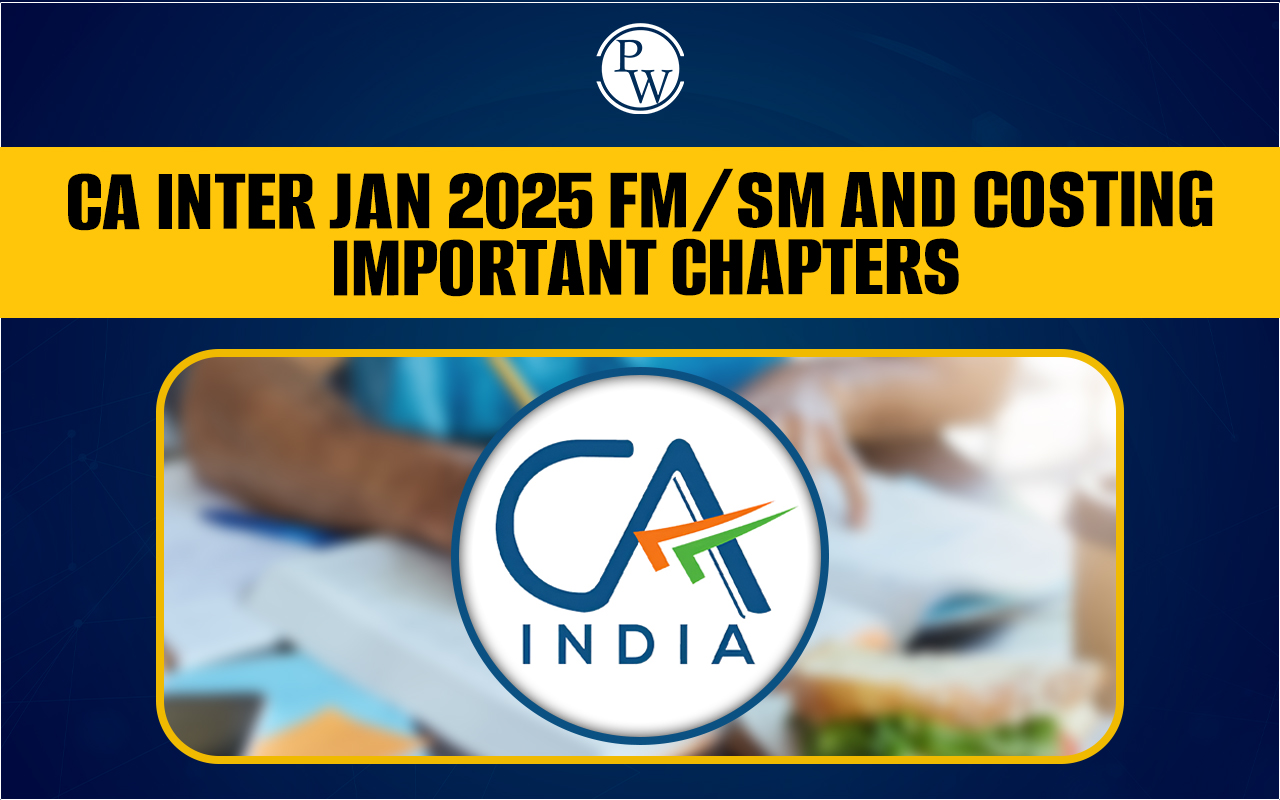

Chartered Accountant: It requires a multifaceted skill set encompassing technical proficiency, analytical thinking, effective communication, and ethical conduct. By honing these skills, Chartered Accountants can excel in their roles and make significant contributions to the financial well-being of their clients and organizations.
Continuous learning and a proactive approach to skill development are essential for staying at the forefront of the ever-evolving accounting profession. This blog will explore the crucial skills essential for a CA's success.
Important Skills for a Good Chartered Accountant
A Chartered Accountant (CA) is a strong pillar in money matters. They have a big job of keeping finances safe and giving really helpful money advice. To do this job well, a CA must know much more than just numbers and spreadsheets. This article talks about ten important qualities that make a CA good at what they do.
It talks about things like understanding numbers, thinking carefully, talking clearly, and doing what's right. Each of these things is super important for a CA to be successful. This guide shows that being a CA is about many different skills, and it's really important to learn and grow in all of them.
1. Chartered Accountant Technical Competence
Technical competence serves as the foundation of a CA's skill set. This encompasses a deep understanding of accounting principles, taxation laws, auditing standards, and financial reporting. To offer accurate and reliable financial advice, a CA must stay updated with the latest developments in these areas.
Continuous Learning
CAs should engage in ongoing professional development through seminars, workshops, and online courses. This ensures they stay informed about the latest changes and advancements in the industry.
2. Chartered Accountant Analytical Thinking
Analytical thinking involves examining complex financial data closely, identifying trends, and drawing meaningful conclusions. This skill is crucial for making well-informed decisions and providing valuable insights to clients or management.
Critical Thinking
Evaluating financial statements and assessing potential risks critically is pivotal in ensuring the financial health of an organization.
3. Chartered Accountant Communication Skills
Clear and effective communication is paramount for CAs. They must be able to convey complex financial information in a manner that is easily understood by stakeholders who may not have a background in finance.
Report Writing
Proficiency in writing reports, memos, and financial documents is essential for presenting findings and recommendations accurately and comprehensively.
4. Problem-Solving Ability of Chartered Accountant
CAs often encounter intricate financial challenges that require creative and practical solutions. Thinking outside the box and devising innovative strategies is a valuable asset.
Adaptability
Adapting to changing economic conditions and evolving regulatory landscapes is vital for finding effective solutions.
5. Chartered Accountant Ethical Judgment
Integrity and ethical conduct are non-negotiable for CAs. They are entrusted with sensitive financial information and must maintain the highest levels of integrity.
Professional Ethics
CAs should adhere to the ethical guidelines set by professional bodies. They must exercise objectivity and independence to ensure fairness and transparency.
6. Chartered Accountant Time Management Skill
Meeting deadlines is critical to a CA's job, especially during auditing and tax seasons. Effective time management ensures that tasks are completed accurately and on schedule.
Prioritization
Knowing how to prioritize tasks based on urgency and importance is key to efficiently managing workload.
7. Leadership and Teamwork of Chartered Accountants
CAs often work in collaborative environments within a firm or as part of a client's team. Leadership skills help manage teams, while teamwork is crucial for achieving collective goals.
Delegation
Being able to delegate tasks appropriately and trust team members to deliver is a mark of a competent leader.
8. Client Relationship Management of Chartered Accountant
Building and maintaining strong client relationships is essential for a CA's success. It fosters trust, which is integral in financial advisory services.
Communication Skills
Active listening and understanding the client's needs and concerns are as essential as articulating financial advice.
9. Technological Proficiency of Chartered Accountant
In an era of rapid technological advancement, CAs must be adept at utilizing accounting software, data analytics tools, and other relevant technologies.
Automation and AI
Understanding and leveraging automation and artificial intelligence tools can significantly enhance efficiency in financial processes.
10. Resilience and Stress Management
The accounting profession can be demanding, especially during peak seasons. Developing resilience and effective stress management techniques is crucial for maintaining a healthy work-life balance.
Wellness Practices
Activities like regular exercise, mindfulness, and hobbies can help CAs recharge and perform optimally.
|
Also Read: |
||
| CA Foundation | CA Intermediate | CA Final |
Chartered Accountant FAQs
What are the core skills a successful Chartered Accountant (CA) needs?
How can a Chartered Accountant stay updated with industry developments?
Why is analytical thinking important for a Chartered Accountant?
What role does ethical judgment play in the accounting profession?
How important is client relationship management for a Chartered Accountant's success?
Why is technological proficiency essential for Chartered Accountants today?

